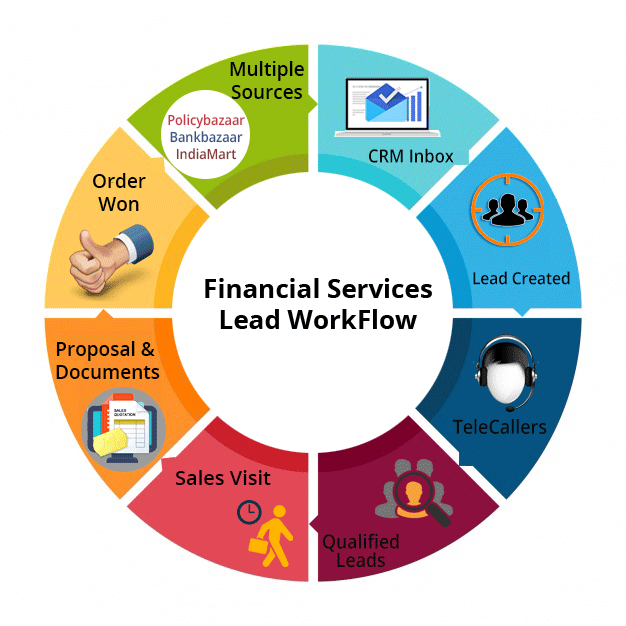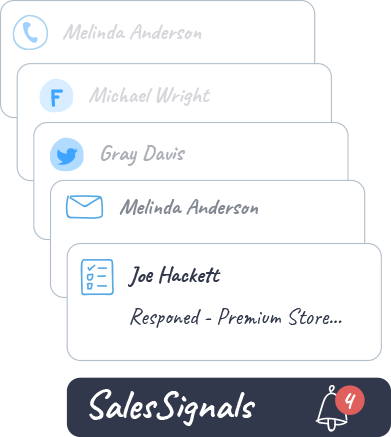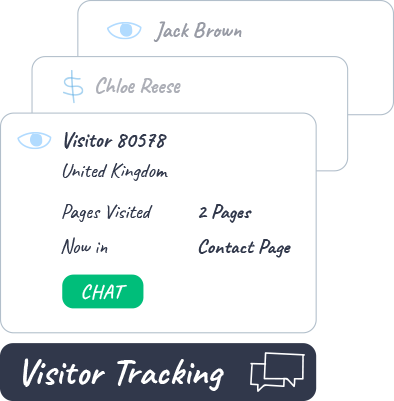Lead Management System
Get your business noticed with DoitRightSolutions Lead Management System
Every business, big or small, depends on leads. Leads are potential customers who have shown interest in your solution but who have not yet made a purchase.

For businesses to grow, you have to convert leads to loyal customers. And to do that right, you need to manage sales leads in an organized manner. In this page, you will learn everything you need to know about lead management and how it can help close deals faster.
Why do you need to manage leads?
Businesses try to generate leads through multiple sources and channels such as website, ads, cold calls and emails, events, conferences, etc. When lead generation spans across different methods today, it's critical to have an effective system to manage leads. If you think a spreadsheet or simple contact database will suffice, you’re thinking short-run. But, you’re not alone. Many sales organizations have a hard time converting leads to customers because they cannot discern the hot from the cold. Consequently, they end up missing out on opportunities. A meticulous method like lead management gives you a centralized database to manage lead information, score leads,maintain communication and even nurture them continually.
What is a lead management system?
Lead management system provides a systematic method of capturing, tracking and qualifying leads so that sales executives are working on the most promising leads.

Lead management system vs. spreadsheets
If you’re using spreadsheets for lead management, you’re not alone. Spreadsheets are easy to access and understand—when you’re a small business. But when you’re keen to grow your business, spreadsheets fall short.
Spreadsheets are designed for specific functions, and they perform those functions well. Managing a high volume of sales leads is not one of them. Managing leads and converting them to customers means being able to look beyond data and understand the context that drives interactions. This context is obtained through phone and email communications, and interactions with your website and product. Being able to access all this context instantly and with minimal effort is where a single tool—lead management system—can be the pivotal difference.
In the table below, you’ll find a list of common sales needs. Spreadsheets can solve a few, but not all. Take a look:
| SALES NEEDS | LEAD MANAGEMENT SYSTEM | SPREADSHEETS |
|---|---|---|
| Storing leads’ details | Yes | Yes |
| Managing high volume of data | Yes | No |
| Tracking leads’ activities | Yes | No |
| Creating reports | Yes | Yes |
| Prioritizing leads | Yes | No |
| Sending emails | Yes | No |
| Managing sales activities | Yes | No |
| Retaining all functionalities across devices | Yes | No |
Benefits of using a lead management system

Talk to quality leads:Sales reps can quickly focus on the sales-ready leads; maximizing sales opportunities.
Engage with context:With a centralized lead database, your sales reps can quickly get context to make meaningful conversations.
Improve productivity:Automations in the lead management process saves your sales team time and effort to do what they do best—sell.
Quick response time:Sales reps can reach out to prospects via phone or email by looking at their buying intentions, increasing the chances of making a sale.
High ROI:Identify which lead source is bringing good, quality leads, and maximize your efforts in those areas to increase your ROI.
Measure results:Get invaluable insights into the activities in the lead funnel, such as the territories generating the most leads, the response time of each sales rep, etc.

Here's how CRM can help you

• Get a 360 degree view of your business.
• Track important sales and marketing opportunities.
• Quickly see your next-best actions.
• Increase your lead-to-deal conversion rates.